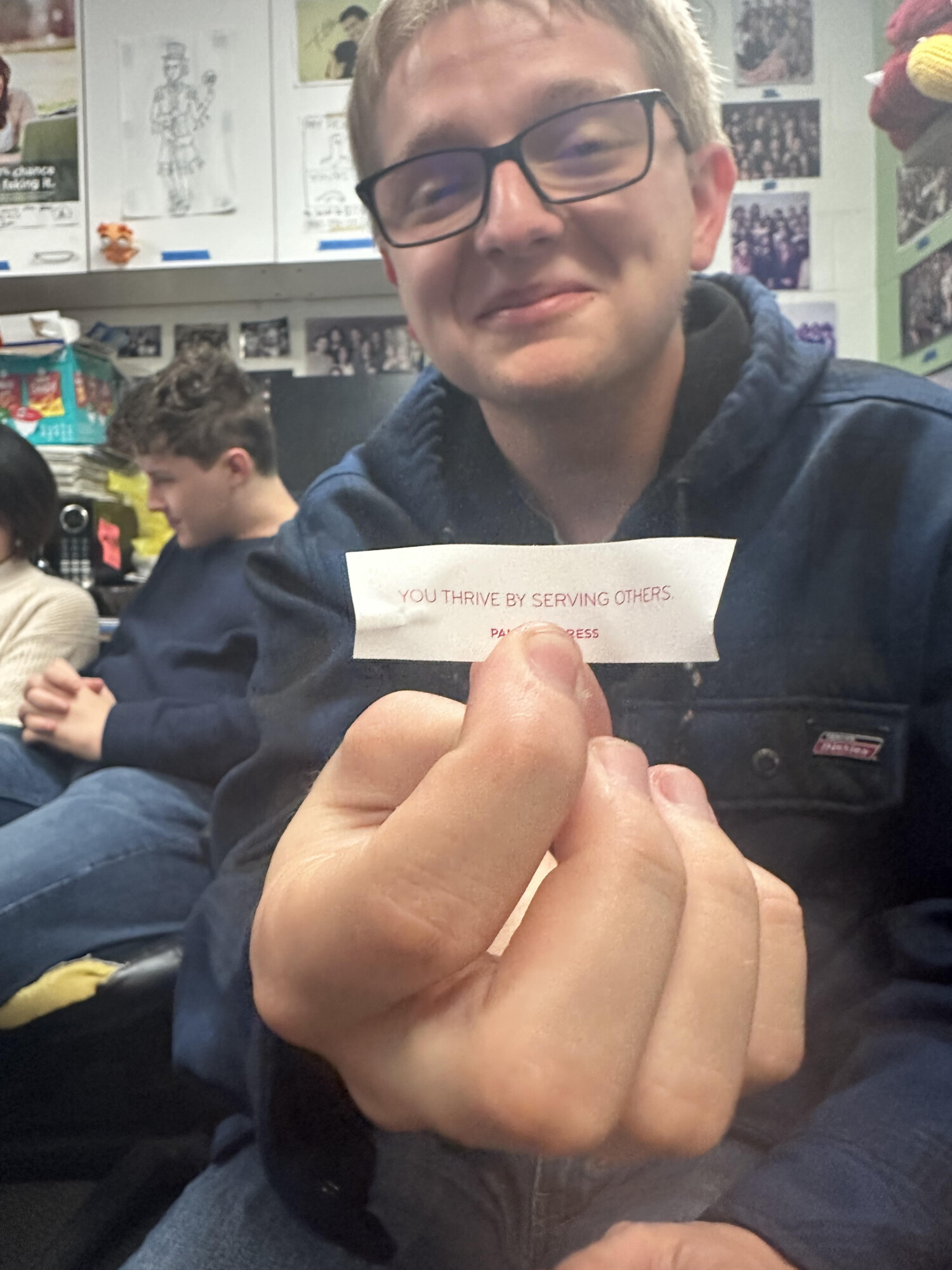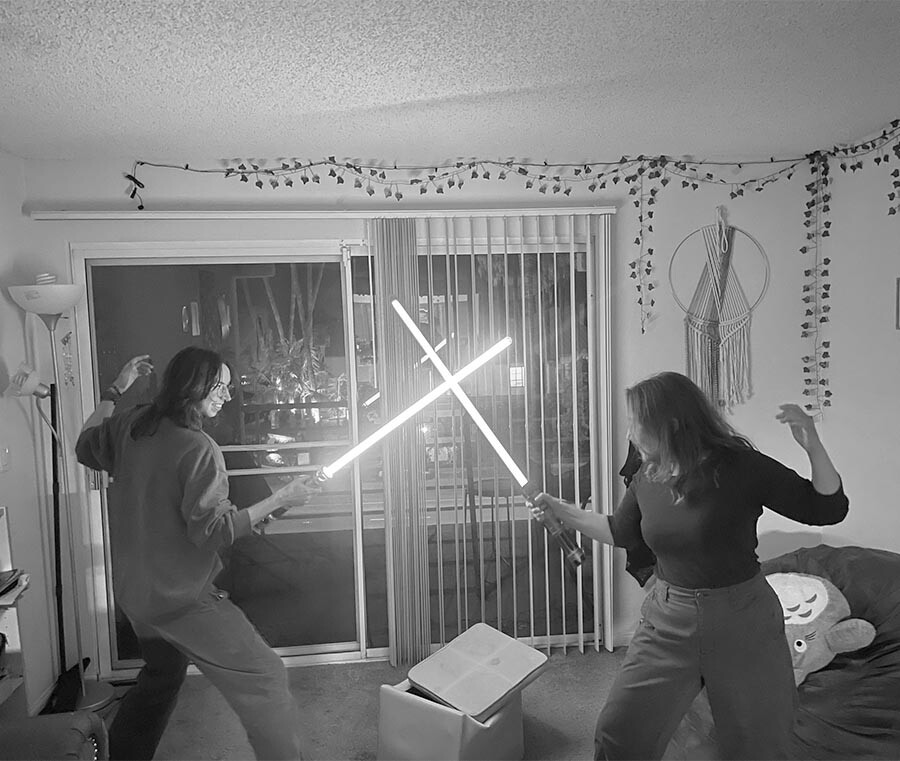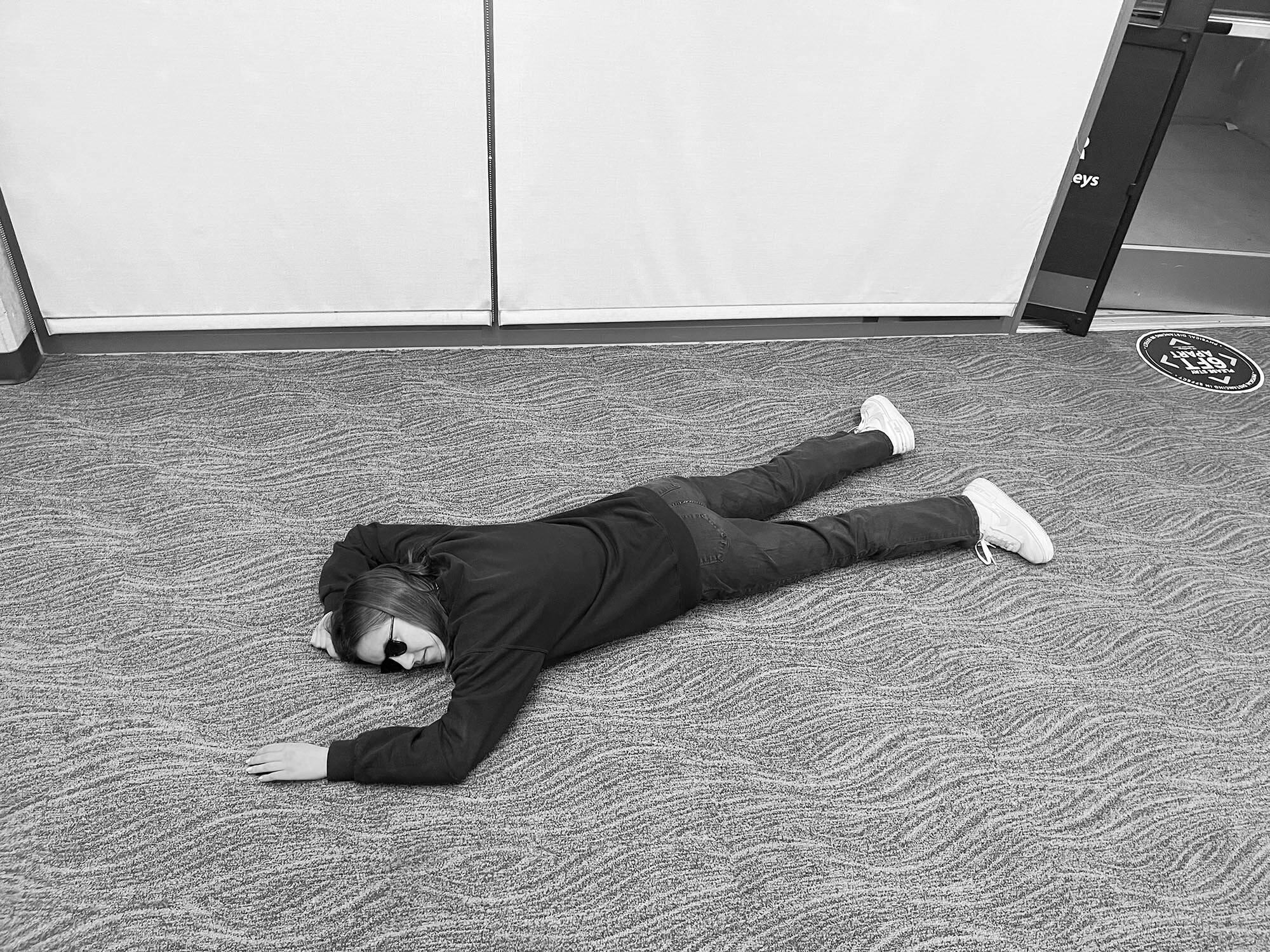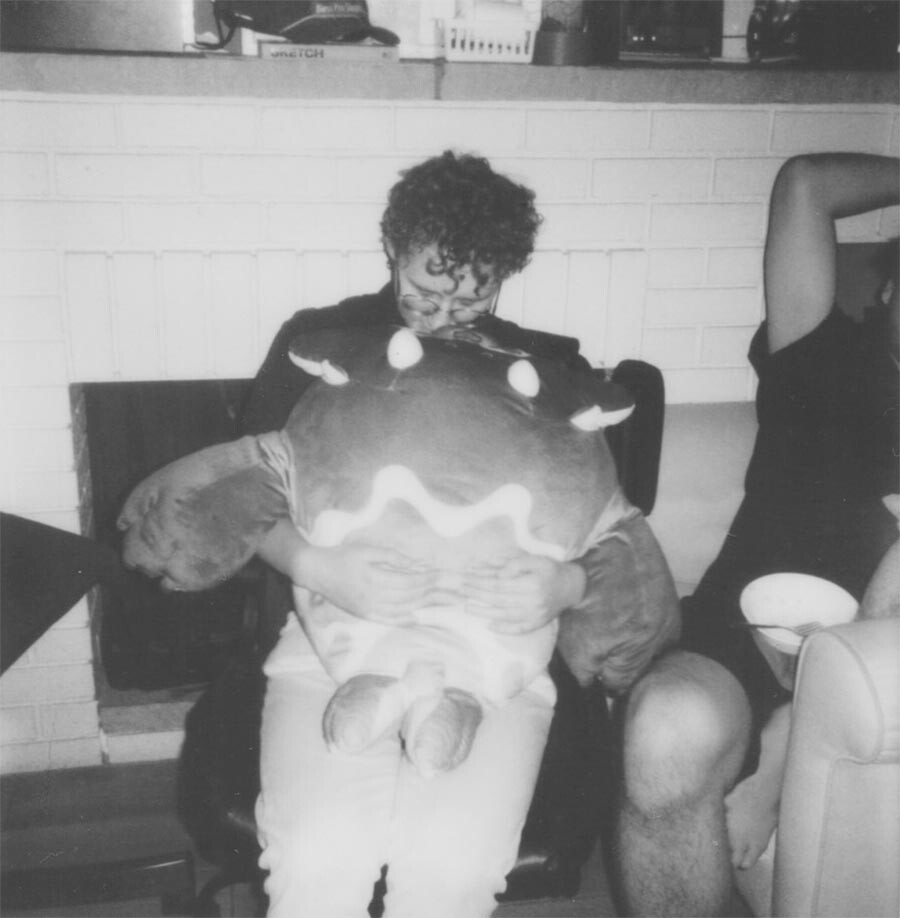
Luna reportedly tries to keep his blood alcohol levels at the same number as his GPA.
Photo by: Jack Yang
College students who engage in alcohol consumption tend to earn higher grades than students who don’t, according to a newly released report by researchers at the University of California, Santa Barbara. “Although the data doesn’t allow us to make cause-and-effect statements, it is clear that — among students who drink and don’t drink — those who reportedly consumed more alcohol performed significantly better academically,” said Lannah Hykins, a professor of clinical psychology and director of the study. “Oh, and those who drink can fuckin’ drink.”
The comprehensive report of 25 students from UCSB was originally based on responses from those who sought counseling during the 2017 Fall Quarter; however, the study was extended to the 2019 Winter Quarter to increase the sample size. The students were first asked their age and current major, followed by questions about their study habits, use of alcohol, and whether or not they believed that Bush should have won the 2000 election.
While 78 percent of students surveyed were not of legal drinking age, 82 percent still admitted to consuming alcoholic beverages in the past week. In addition, 73 percent of those who admitted to drinking in the past week also had a midterm within the same length of time. Compared to those who didn’t drink, those who did performed an average of one letter grade higher. Additionally, those who consumed more than eight shots of hard liquor (the reported average per drinking session) had an average GPA of 3.36, compared to a 3.33 among those who didn’t.
When UCSD students were asked their opinions on the study, they had mixed responses. One respondent, who wished to remain under the alias, “Bad Girl DaDa,” responded positively: “Now that there’s science to prove it, I can drink ‘til I black out and not worry about having to drop out. Not that I worried before, but at least my actions are validated now.” Lizbeth Contreras disagreed: “Just because there’s science to back it up doesn’t mean that it’s true. Remember when we thought global warming was real? Or when we thought the Earth was round?”
The study received several critiques by students and staff at other Universities as well. Alan Luna, a first-year at the University of Southern California, questioned one component of the study: “Why the hell were they asked about Bush. I mean, I wasn’t even born in 2000, but even I know that it was rigged.” Francis Hall, a researcher at San Diego State University, noted: “The sample size isn’t large enough to conclude that there’s a relationship between the two. You violated the golden rule of statistics.” In response to Hall, Hykins said, “That’s why it’s correlation not causation, dumbass.”
Sarah Coronel of UCSD addressed the study from a different perspective. Coronel questioned the lack of publication of the majors, despite Hykins claiming it was a component surveyed. “My bet is that this report is total B.S. They probably made a ‘SONA style’ study and gave people extra credit for participating — $20 says they’re all cog-sci and psych majors.”











